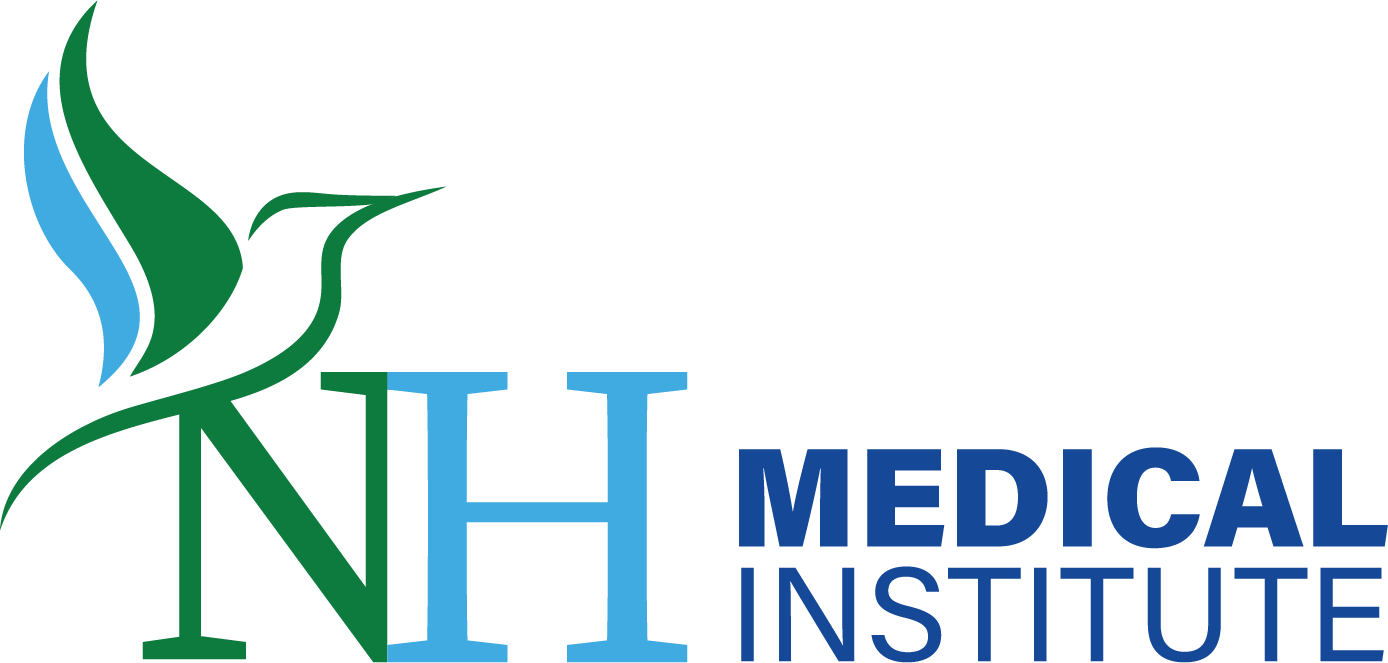In a world where medical advancements and specialist care often take center stage, primary care remains the cornerstone of a robust healthcare system. Primary care physicians (PCPs) serve as the first line of defense, playing a vital role in preventing, diagnosing, and managing a wide range of health conditions.
This article delves into the importance of primary care, highlighting recent research findings and statistics that underscore its positive impact on overall health outcomes and cost savings. Furthermore, it explores the benefits of establishing a strong primary care foundation, such as improved coordination and continuity of care and better management of chronic diseases.
We’d like to address potential drawbacks, such as limited access and long wait times, proposing possible solutions to overcome these challenges. By weaving in real-life examples and patient stories, the article aims to underscore the significance of primary care in promoting preventive medicine and patient-centered care.
Preventive Medicine: The Foundation for Better Health Outcomes:
Primary care physicians, often referred to as the “gatekeepers” of the healthcare system, are instrumental in promoting and implementing preventive medicine. They can identify risk factors and conduct routine screenings to detect diseases early on, allowing for more effective treatment and improved health outcomes. A study published in the New England Journal of Medicine found that individuals with access to regular primary care had lower death rates from all causes, including cancer, heart disease, and stroke.
Additionally, research has consistently shown that preventive care and health maintenance through primary care reduce overall healthcare expenditure. According to a study published in the Journal of the American Medical Association, every 10 percent increase in the number of adults receiving regular primary care was associated with a 1.44% decrease in total healthcare costs. This reduction in cost is attributed to early detection and management of health conditions, preventing the need for more expensive and extensive interventions later.
Coordination and Continuity of Care: Essential for Optimal Health Management:
One of the key advantages of primary care lies in its ability to coordinate and provide continuity of care. Primary care physicians act as the central hub, managing and coordinating various aspects of a patient’s healthcare needs. They collaborate with specialists, review medical records, and ensure that all aspects of a patient’s health are adequately addressed. Studies have shown that better care coordination and continuity result in improved patient satisfaction, reduced hospitalizations, and even lower healthcare costs.
Primary care physicians play a crucial role in the long-term management and coordination of care for patients with chronic diseases. They help patients navigate complex healthcare systems, ensure appropriate medication adjustments, provide emotional support, educate on lifestyle modifications, and monitor disease progression. By actively engaging in the management of chronic diseases, primary care physicians reduce emergency room visits and hospital admissions, leading to substantial cost savings.
Cost Savings: The Economic Benefits of Strong Primary Care:
The economic benefits of a strong primary care foundation are undeniable. Studies indicate that increases in primary care physician supply are associated with better health outcomes, fewer hospitalizations, and lower healthcare costs. For instance, a study published in the Journal of the American Medical Association found that a higher number of primary care physicians per capita in a specific geographic area was linked to lower mortality rates.
Moreover, patients who rely on primary care have been found to have lower healthcare expenses overall. According to a Stanford University study, patients with regular access to primary care had approximately 60% fewer healthcare costs compared to those who mainly utilized specialty care. By emphasizing prevention, early detection, and chronic disease management, primary care physicians effectively reduce the need for costly interventions and provide targeted, cost-effective care.
Overcoming Challenges: Enhancing Access and Reducing Wait Times:
Despite the numerous advantages of primary care, challenges such as limited access and long wait times still persist. Many individuals, particularly those in underserved communities, face difficulties in accessing primary care, resulting in delayed diagnosis and subsequent adverse health outcomes.
To address these challenges, healthcare systems and policymakers must commit to improving accessibility. This can be achieved by increasing the number of primary care practitioners, expanding telehealth services, implementing innovative care delivery models, and improving reimbursement structures to incentivize individuals to pursue careers in primary care. Collaboration among healthcare organizations, policymakers, and educational institutions is crucial for devising and implementing strategies that enhance access and reduce wait times.
Patient Stories: Emphasizing the Significance of Primary Care:
Real-life examples and patient stories highlight primary care’s profound impact on individuals’ lives. Primary care physicians can identify potential health risks in patients even before symptoms manifest by providing preventive care. This early intervention often leads to effective diagnosis and management, ultimately saving lives.
For instance, an individual with a family history of a particular cancer may undergo regular screenings based on their primary care physician’s recommendations. By detecting cancer at an early stage, the patient can receive prompt treatment, significantly improving their chances of survival and quality of life.
Moreover, primary care physicians build strong relationships with their patients, allowing for personalized and patient-centered care. They holistically address patients’ physical and mental health concerns, actively involving them in shared decision-making processes. This collaborative approach promotes a sense of empowerment, trust, and accountability, enhancing patients’ overall healthcare experience.
Conclusion:
Primary care is an indispensable component of a well-functioning healthcare system. By functioning as the first line of defense, primary care physicians prevent, diagnose, and manage numerous health conditions. From promoting preventive medicine to improving coordination and continuity of care, primary care has proven to enhance overall health outcomes and result in substantial cost savings.
Although access and wait time challenges persist, investing in primary care through improved accessibility and innovative care models is key to addressing these issues. Real-life examples and patient stories illustrate the significance of primary care in promoting patient-centered, preventive medicine. By prioritizing primary care, individuals can take control of their health and pave the way for a healthier future.
Better Health Care is Our Mission
Same Day Appointments are Available.

